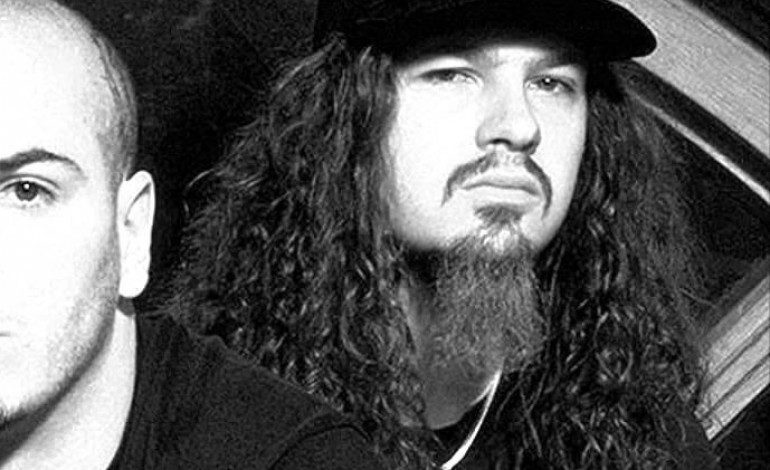

The site of Columbus, Ohio’s historic venue Alrosa Villa is set to be turned into affordable housing. It’s best known as the location of the shooting that killed Pantera’s guitarist “Dimebag” Darrell Abbott and three others in 2004.
Pantera had broken up in 2003, but Dimebag co-founded the band and stuck with them until then, and became one of the best-known guitarists because of it. He and Pantera’s founding drummer Vinnie Paul were on tour with their new band Damageplan at the time of the shooting. The other fatalities were a Damageplan crewmember, a fan and an employee of the venue who reportedly tried to disarm the perpetrator. The motive isn’t officially known.
Although the venue has been closed for the past few years, plenty of residents were sad to hear the venue is being torn down, both out of nostalgia and due to its historic importance. Alrosa Villa had a 45-year run, and hosted other primarily-rock acts including Buckcherry, David Byrne, Foghat, Korn, Slipknot, Quiet Riot and Matthew Sweet, among others. It was once one of the most-beloved music venues on the city’s North Side.
On Monday, The Columbus City Council voted to allocate $2.175 million from their Affordable Housing Bond Fund towards building 180 affordable apartment units at 5055 Sinclair Rd., which was the venue’s address before it closed down. The project is budgeted to cost $3.3-million in total.
It will be called the Sinclair Family Apartments, and will be built by the Columbus Metropolitan Housing Authority (CMHA) in conjunction with the NRP Group of Cleveland. The project will consist of three four-story apartment buildings and offer either studio, two-bedroom, three-bedroom or four-bedroom apartments, some of which will have two bathrooms. As the CMHA’s COO Scott Scharlach explained, “A lot of the new affordable housing deals don’t have the three and four-bedroom units. Good to house larger families.”
Prospective residents who would be eligible to live there must be making between 30% and 60% of the area’s median income, which is about $17,600-$34,220 annually for a single person or $26,500-$50,520 annually for a four-person family. 45 of the units will allow for federal housing vouchers to help the poorest residents pay rent.
